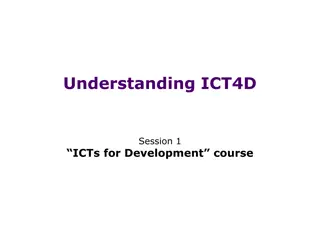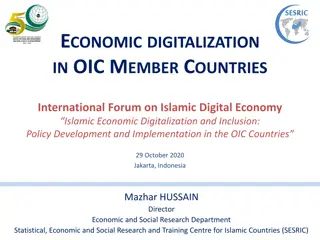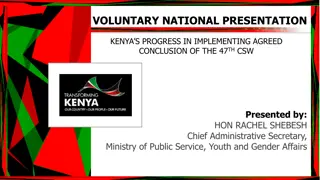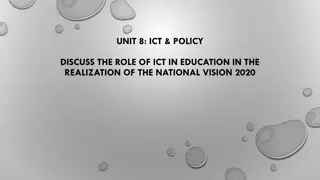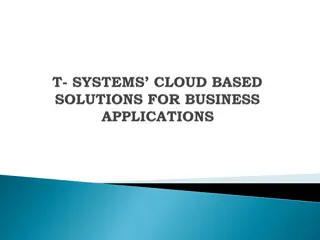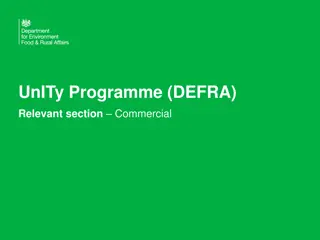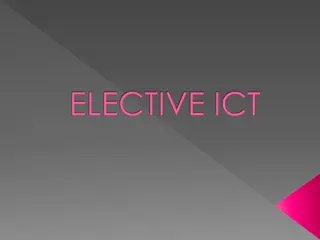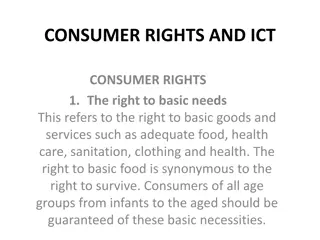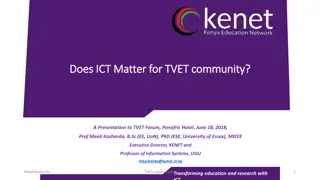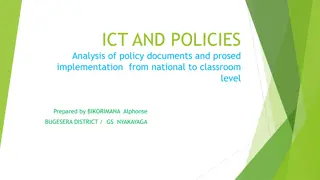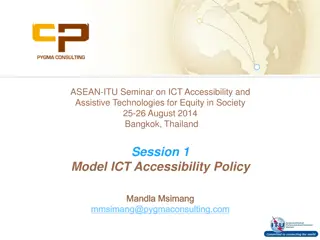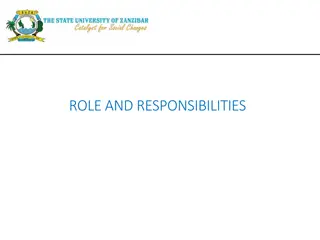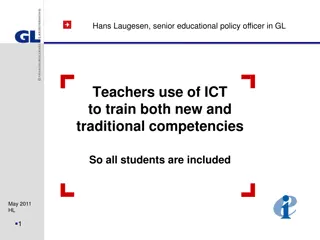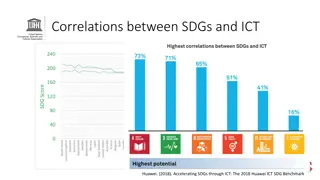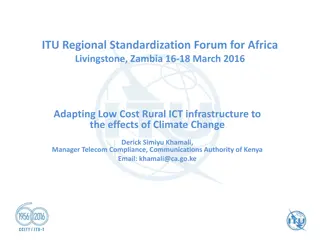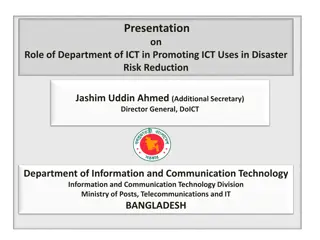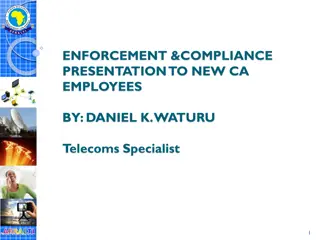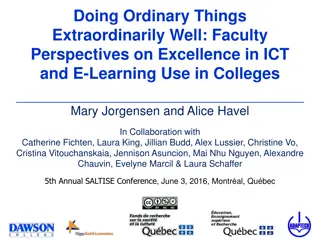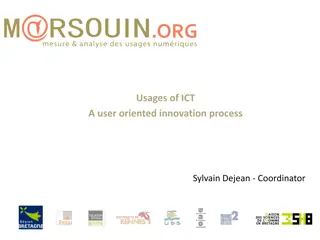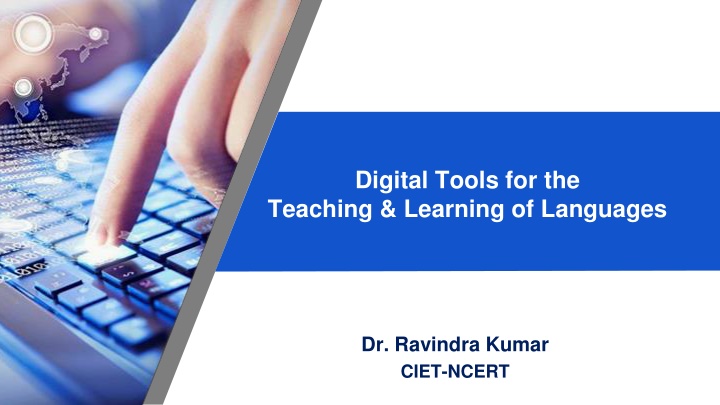
Innovative Practices in Language Teaching & Learning Under NEP 2020
Explore the transformative initiatives in language education under NEP 2020, focusing on digital tools, competencies, and milestones such as formative assessment, equity, and inclusion. Discover the release of primers in Indian languages, ICT integration, vocational courses, and teacher training to enhance educational outcomes and promote linguistic diversity.
Download Presentation

Please find below an Image/Link to download the presentation.
The content on the website is provided AS IS for your information and personal use only. It may not be sold, licensed, or shared on other websites without obtaining consent from the author. If you encounter any issues during the download, it is possible that the publisher has removed the file from their server.
You are allowed to download the files provided on this website for personal or commercial use, subject to the condition that they are used lawfully. All files are the property of their respective owners.
The content on the website is provided AS IS for your information and personal use only. It may not be sold, licensed, or shared on other websites without obtaining consent from the author.
E N D
Presentation Transcript
Digital Tools for the Teaching & Learning of Languages Dr. Ravindra Kumar CIET-NCERT
Language Learning Writing Additional Skills Competency to use digital tools for developing e-contents Prerequisite Soft Skills/ Behavioral Skills Writing
Pillars of NEP 2020 Accountability Accessibility Quality Equity Affordability Reflections: Certain subjects, skills, and capacities must be learned by all teachers, students and other stakeholders of education i.e. Online and Offline ICT tools used for Teaching-Learning & e-Governance [Ch. 22 & 23] Experiential Learning including hands-on learning, arts-integrated and sports-integrated education, and storytelling-based pedagogy.
Milestones of NEP 2020 Formative Assessment 6 Equity and Inclusion 7 Adult Education 8 ITEP (4 Years) 9 5+3+3+4 1 Pedagogical & Curricular Structure Integration of Art, Sports & Cultural 10 2 ECCE 3 Multilingualism 4 10-day bagless period 5 Experiential Learning NEP_Ch. 22: Promotion of Indian Language, Arts and Culture
Primers in Indian Languages 2 Primers (Kuwi and Desia) have been released by Shri Dharmendra Pradhan, Honourable Minister of Education, Government of India, on 17 August 2023. 52 Primers have been released by Shri Dharmendra Pradhan, Honourable Minister of Education, Government of India on 9th March 2024. [4] Scheduled [48] Non- Scheduled Progress 25 Primers have been released on 29thJuly 2024. 25 Primers have been released on 11th Dec. 2024. 121 Target Languages 21 Primers will be ready to release Phase-II Phase-IV Phase-I Phase-III A total of 104 primers have been successfully covered, spanning across 28 States and Union Territories in India. These states include Andaman & Nicobar, Andhra Pradesh, Arunachal Pradesh, Assam, Bihar, Chhattisgarh, Gujarat, Rajasthan (notably covered with a Gujarati primer), Himachal Pradesh, Jammu & Kashmir, Jharkhand, Karnataka, Kerala, Ladakh, Madhya Pradesh, Maharashtra, Manipur, Meghalaya, Mizoram, Nagaland, Odisha, Punjab, Sikkim, Tamil Nadu, Telangana, Tripura, and West Bengal. In terms of linguistic diversity, the primers cover 17 Scheduled Languages, with an additional language covered using Santhali (Bengali & Odia). Furthermore, out of 104 primers, 83 are Non-Scheduled languages, 21 are Non-tribal languages, and 86 are Tribal languages have also been successfully covered. 5
NEP 2020: ICT in School & Higher Education Vocational courses through online mode [4.26] ECCE workers/teachers to be trained through digital/distance mode. (DTH) [1.7] SWAYAM/DIKSHA for training of teachers [15.10] Digital India Campaign [23.1] tech-savvy teacher [23.2] DIKSHA- Technological interventions to serve as aids to teachers and help bridging any language barriers. [2.6] [4.19] National Educational Technology Forum (NETF) [5.15 & 23.3] Competencies: develop digital literacy, coding & computational thinking, Artificial Intelligence. [2.8, 4.24] Academic Bank of Credit (digitally stored) [11.9] Mathematics & Computational thinking: puzzles and games that make mathematical thinking more enjoyable and engaging. [4.25] ODL & Online education provide a natural path to increase access to quality higher education [9.3, 12.5] Software: Teaching, Learning & e-Governance, CWSN [23.5] Access to downloadable and printable versions of all textbooks in regional languages. [4.32] Disruptive Technology AI; Simulation of Human Intelligence in Machines, 3D/7D Virtual Reality [23.8]
NCFSE 2023: ICT in Education National Digital Education Architecture (NDEAR) Virtual Labs and Simulations E-Content Creation Capabilities Digital Books and Libraries Assessment, Question Bank, & Practice Materials Videos, Animations, and Audio Artificial Intelligence, Machine Learning, Augmented Reality, Virtual Reality Online Courses QR Codes and Phygital Technologies Access: for Teacher and Students
NCFFS 2022: ICT in Education Multi-Modal Access (Audio, Video, Text, Interactive etc.) 5.4.7 National Digital Education Architecture (NDEAR) Using QR codes for access to contextual curriculum-linked Resources Assistive technologies [5.4.7] (Divyang Children) TV and OTT shows to be useful for educational and entertainment for children Digital Infrastructure, Platforms & Tools [e-Jaadui Pitara] VidyaDaan Social Media Groups [10.1B] Artificial Intelligence & Machine Learning can be used for translation Using DIKSHA [10.1B]
Digitization refers: An e-Resource searching by Title An e-Resource searching by Descriptions An e-Resource searching by Tags An e-Resource displayed on web pages
Software for e- Resources Creation Application Software (Online & offline) Utility Software Free & Open Sources Software (Online & Offline) Freeware & Shareware Software ICT Tools and Applications Collaborative Tools (Online) Proprietary Software Tools for Multimedia
Source: https://languagetech.lab.uiowa.edu/technology-tools-language-learning
Hands-on-Experience VUE: For Concept Mapping Presentation Tube Recorder: For Video Making H5P: For Interactive Video Making and other resources Open Shot Editor: for Video Editing Audacity: for Audio Recording eXeLearning: For Lesson Planning Powtoon: for Animation


